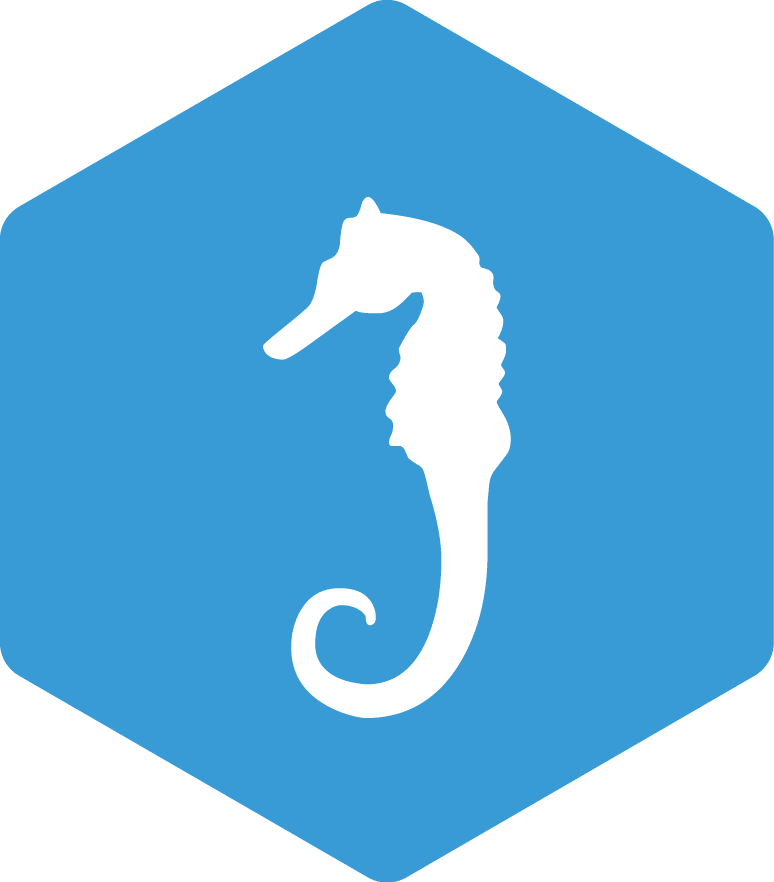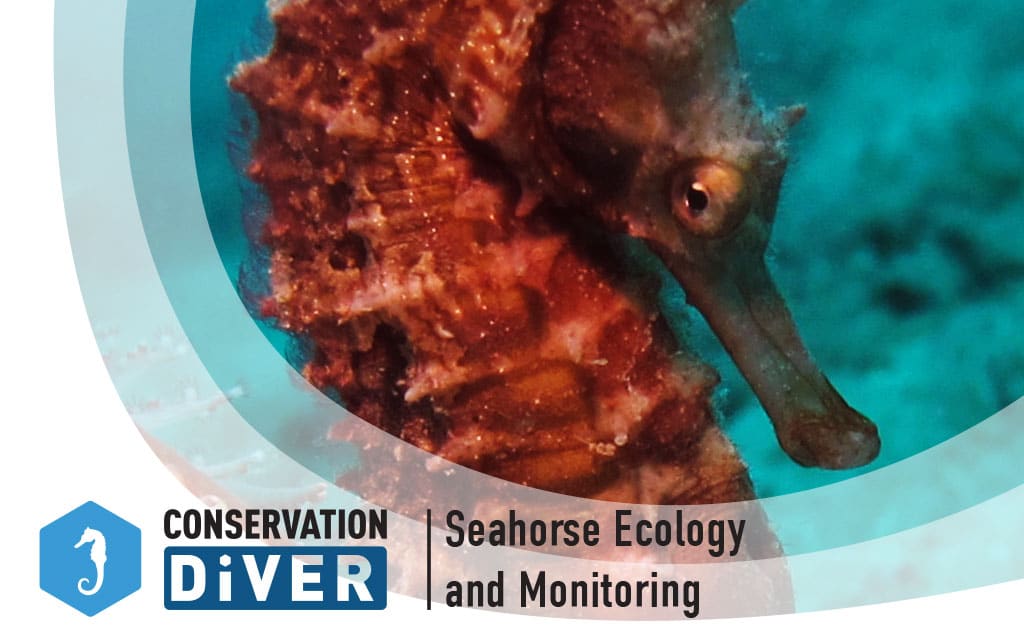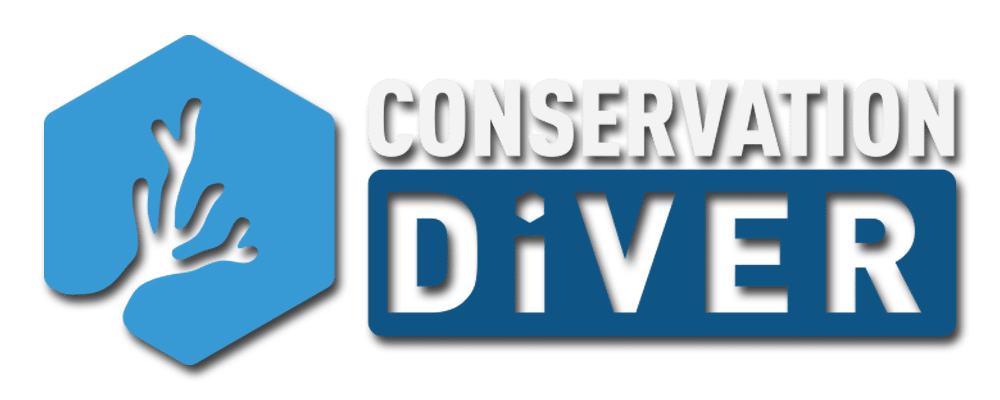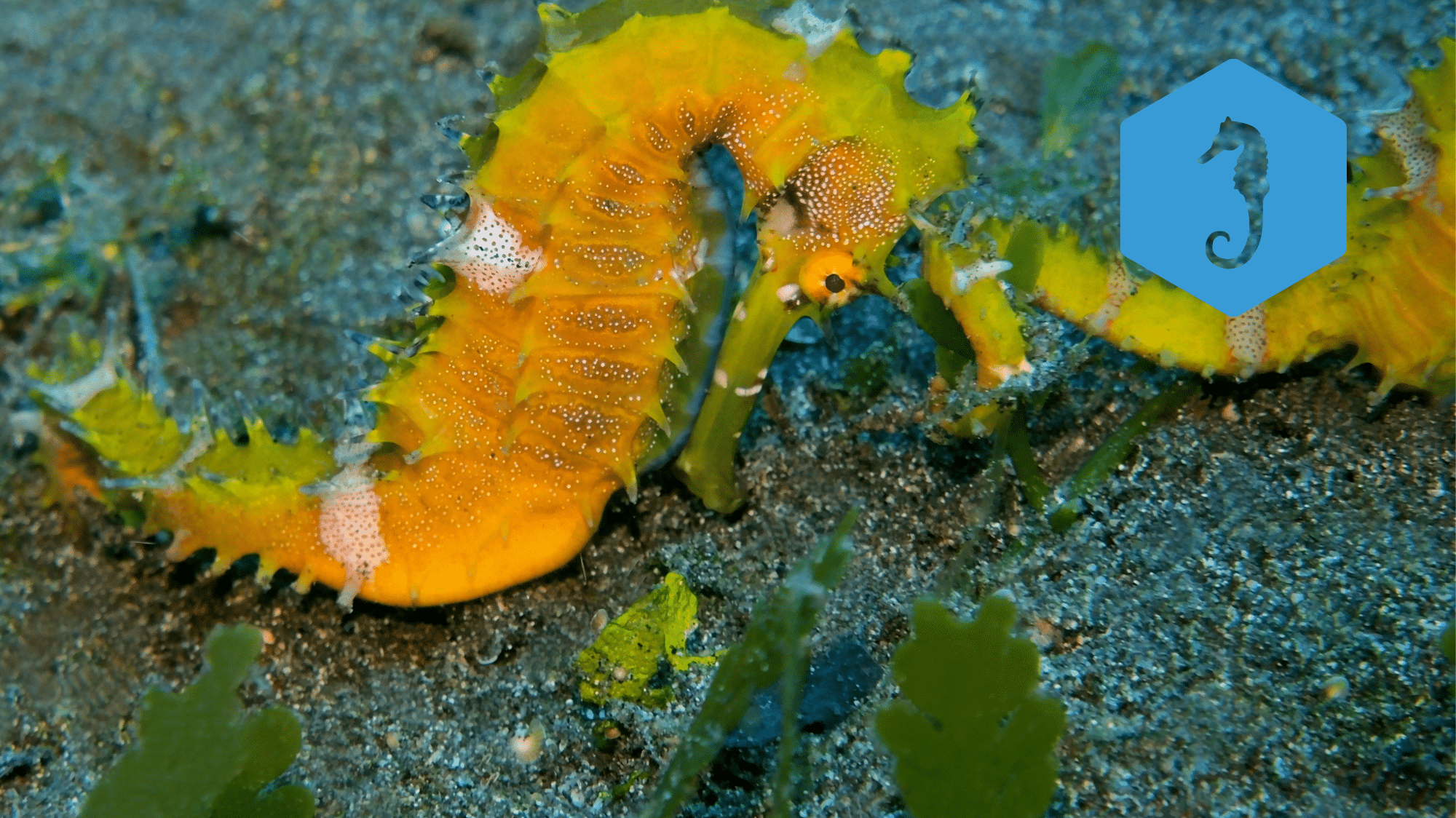Seahorse Ecology and Monitoring
Seahorse Ecology and Monitoring

The Seahorse ecology and monitoring course aims bridge the information gap in the scientific community on classification, population dynamics and conservation status of Syngnathiformes. This lack of information is one of the limiting factors in creating effective conservation strategies to protect these vulnerable species. To successfully create adequate
conservation plans for seahorses, we need to understand their
life history traits and ecology. This course will equip you with the skills to identify seahorse species using anatomical features and behavioural ecology traits.



Prerequisites
- Be 12 years of age or older
- Be certified as an Advanced diver under a leading diving organization (PADI, SSI, RAID, etc) or an Open Water diver who has satisfactorily completed a buoyancy appraisal with a professional diver
- Demonstrate proper diving ability at an advanced Level and be proficient in buoyancy and self-awareness.
Standards
- Learn about seahorse ecology and identification and understand the global and local threats to seahorse populations
- Learn the diagnostic features for identifying seahorses and be able to identify the most common local species of seahorses
- Know how to survey for seahorses using the roving diver and transect survey methods
- Practice a seahorse survey completing at least two of the main tasks (surveying along the line, controlling the GPS raft, keeping track of dive activity timing)
- Be familiar with the iSeahorse.org website and how to enter sightings data into the global database
Requirements
- Attend 1 seahorse lecture
- Attend 1 seahorse dive briefing
- Complete ID quiz using dichotomous key and seahorse photos
- Complete 1 seahorse survey dives (in 2 different roles)
- Enter GPS data into Google Earth
- Enter sightings and data into the iSeahorse.org and other relevant databases (if seahorse was observed)
Expected course time about 4 hours
Certification Card

Training Centers
- Indonesia – Blue Marlin Conservation
- Madagascar - MRCI
- Thailand – ATMEC
- Thailand – Black Turtle Conservation
- Thailand – NHRCP
Citizen Science Collaborators


